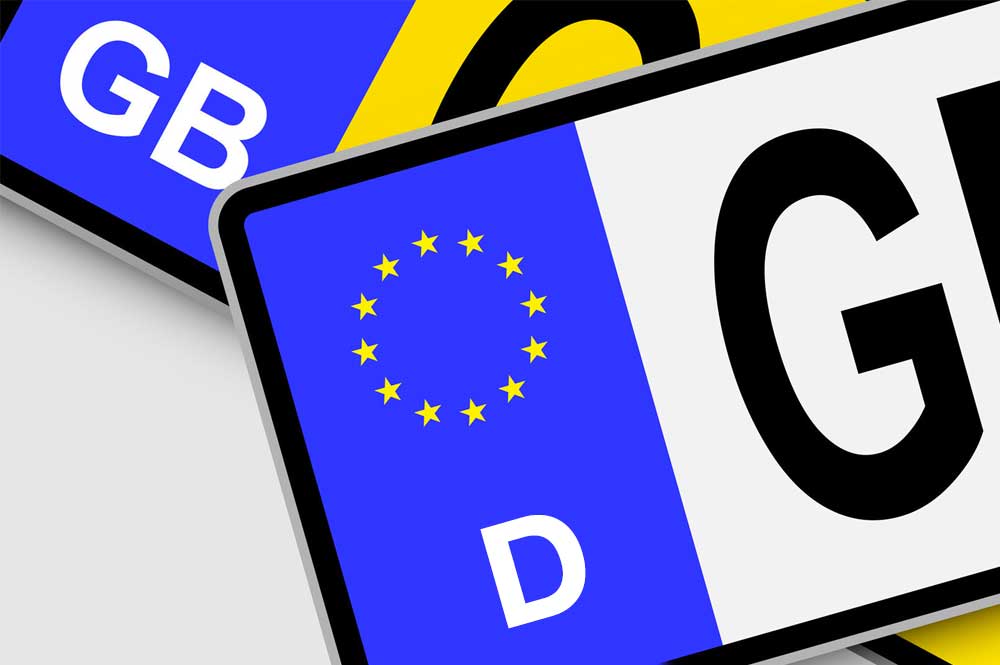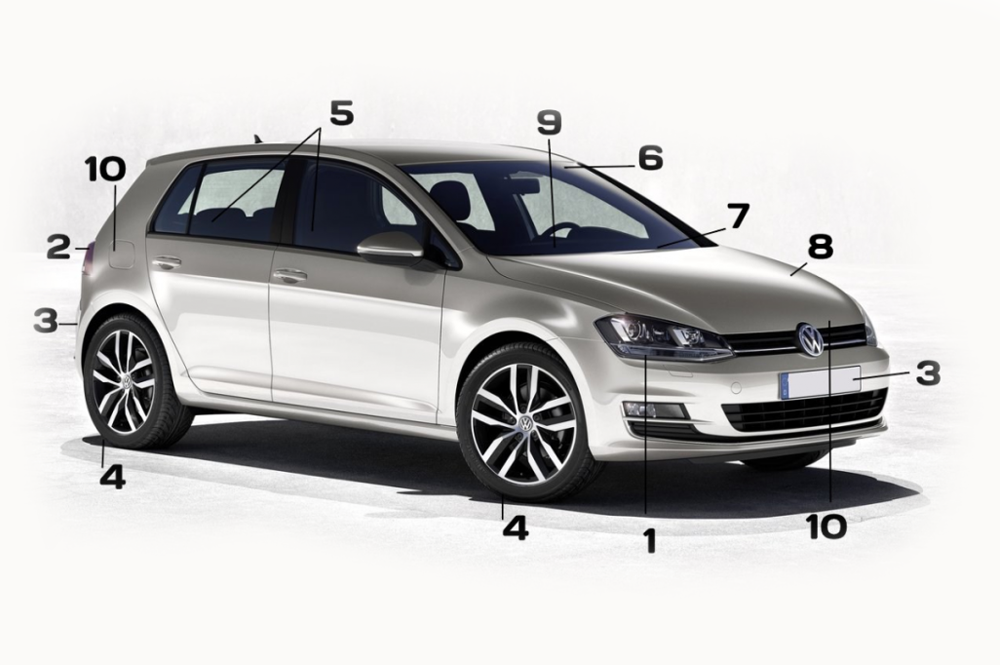How does car tax in the UK differ from car tax in other European countries?


In most cases, new vehicle buyers in Europe must pay VAT as well as a registered tax or fee. Motor vehicle tax is paid regularly, such as annually, bi-annually, or quarterly. In addition, vehicles are taxed for consumption when filling or charging and they pay road tolls to use road infrastructure.
Employees who utilize a business car given by their employer for personal reasons must pay income tax on the benefit in kind. We assume that work-related expenses such as fuel, electricity, and road tolls are covered by the employer, whereas privately incurred expenses are covered by the vehicle owner. As a result, the higher costs have no impact on an employee’s tax burden. Some nations provide incentives for low-emission vehicles, such as one-time subsidies or cost reimbursements on car purchases. Tax exemptions on acquisition, ownership, and usage are also available to encourage sales.
You must pay car-related taxes as soon as you start driving on national roads: either road taxes or both car registration and road taxes. Each EU country establishes the taxes you must pay if you drive your vehicle on its territory regularly.
The amount of car registration tax you pay may be related to how long you use your car in your new country. However, you may not be taxed more than a local in your new nation. You may be eligible for a car registration tax exemption or a car registration tax refund if you shift countries. To avoid double taxation, you should inform the national authorities before moving to your new country.
Students, cross-border employees, and secondary residents are exempt from paying car registration taxes in most EU countries. They may, however, be required to pay road taxes.
However, if you begin working while studying, you will be required to register your car in that country.
You should examine the rules in the nation where you will be studying before leaving your native country. To avoid complications during police checks, you may need to complete some administrative formalities or meet specific prerequisites.
You can drive your vehicle registered in your home country without having to register it or pay taxes in your new nation if you travel to another EU member to study or work for a limited and defined period, such as as a volunteer. You must be enrolled in an educational institution in that country and provide a valid enrolment certificate as a student.
Students in Denmark, Estonia, Germany, and Sweden are not excluded from registering their vehicles and paying the associated taxes.
You may be required to drive a company car registered in only one of the two nations as a cross-border worker.
If you drive a company vehicle that is registered in the nation where you work, you are not required to register it in the country where you live. Check the various requirements that apply to the use of business vehicles within the EU, as the restrictions may range significantly.
If you drive your vehicle from where you live to where you work regularly, you must register it and pay the appropriate taxes in the nation where you live – but not in the country where you work.
In most cases, you do not need to register your vehicle or pay car registration taxes in a country where you have a second house or a vacation property. Even though you have previously paid a registration tax in your home country, if you leave your vehicle permanently where your vacation property is located, you may be required to pay a registration tax there.
You do not have to pay car registration taxes as a secondary resident if you: live in your second country for less than 6 months per year; have your primary residence in another EU country and have a valid document to prove it; use your car solely for personal purposes, and do not sell, hire, or lend your car to residents.
This information does not apply to UK citizens living in the EU or EU citizens living in the UK. In certain situations, national laws apply.
At the point of purchase, provide large tax benefits for low-emission vehicles. Consumer decision is influenced more by tax payments or tax advantages at the point of purchase than by periodic tax payments. This has a significant influence on customer behavior. Private buyers of low-emission cars in Norway and the Netherlands receive considerable tax reductions upon registration, whereas buyers of higher-emission cars pay higher taxes. In France, the government has adopted a bonus-malus plan, which provides one-time bonus payments to low-emission car buyers while penalizing high-emission vehicle buyers with higher registration fees.
Both strategies enhance the cost differential and lower the starting cost of low-CO2 automobiles. Vehicles with low emissions can be exempted from value-added tax to accomplish the same result (VAT). In Norway, for example, zero-emission vehicles are excluded from a 25% VAT, lowering the initial vehicle prices significantly and encouraging consumers to purchase low-emission automobiles.
Ensure that low-emission vehicles continue to get tax benefits while they are in operation. Lower taxes and total costs for consuming electricity, as opposed to higher taxes and total expenses at the pump for gasoline and diesel, can be an incentive for consumers to choose an electric vehicle.
In Norway, the difference in overall expenses for utilizing electricity vs gasoline and diesel is the most significant, due to tax differences. The French government gradually modifies and raises gasoline and diesel prices, which serves as a disincentive for diesel vehicles and an additional incentive for electrified vehicles.
In contrast, high electricity and fuel taxes, along with marginal price disparities between total end costs, like in Germany, do not provide significant cost advantages to electric vehicle consumption from the consumer’s perspective. Road charges that allow exemptions or lower rates for zero-emission vehicles, as in Norway, or vehicles with particular CO2 emission limits, as in the United Kingdom, might act as a supplemental incentive for consumers to drive low-emission vehicles.
As part of the company car tax system, account for a vehicle’s emissions. In Europe, company cars play a significant role, accounting for the majority of new vehicle registrations in markets like France, Germany, and the United Kingdom. Because the percentage tax base is the same for all vehicle types and technologies in Germany and France, the tax benefits for users of a company car with low emissions are zero. Employees utilizing a zero-emission business car privately in the Netherlands and Norway, on the other hand, benefit from large income tax benefits due to lower percentages applied when computing the benefit in kind. Furthermore, employees who drive vehicles that emit 50 g CO2/km or fewer in the United Kingdom benefit from a special tax break. These savings on a low-emission vehicle give an incentive for an employee to choose a low-CO2 company vehicle.
To be self-sustaining, the tax system must be balanced and re-adjusted regularly. In Norway, considerable and distinct tax reductions for private buyers of a BEV or PHEV, along with higher taxes on traditional gasoline and diesel cars, are enough to make BEVs and PHEVs significantly less expensive than comparable gasoline or diesel cars. In Germany and the United Kingdom, the tax incentives for BEVs and PHEVs are insufficient to give considerable cost savings over gasoline or diesel vehicles. As a result, many countries rely on consumer subsidies in the form of one-time payments when purchasing a vehicle that emits a specified level of CO2. This type of mechanism, on the other hand, should only be viewed as a market transitional measure. Vehicle-related taxes must take into account all vehicles, ensure that high-emission vehicles generate enough tax revenue to fund tax breaks for low-emission vehicles, and be adjusted annually or every two years to account for changes in market structure, similar to the bonus-malus system used by the French government.
The UK’s corporation tax rate, at 19 percent, is lower than that of most of its main competitors. In comparison, the average of the remaining G7 top economies is about 30%.
In the Netherlands, Norway, and the United Kingdom, BEVs have the best cost-benefit ratio after three years of tax on corporate car benefits. Over a four- or three-year period, PHEVs might be more expensive, equivalent, or less expensive, depending on the market. However, national EV sales do not necessarily reflect the economic advantages of particular electric vehicles over comparable gasoline and diesel vehicles. Incentives in the form of tax benefits or subsidies must be matched by robust rules to assure model availability, adequate charging infrastructure to satisfy consumer convenience, and consumer awareness efforts to address any consumer hurdles.
Over four years in some nations, the tax difference between low-CO2 and high-CO2 automobiles is fairly small. In France, Germany, and the United Kingdom, this is the situation. The Netherlands and Norway, on the other hand, offer more generous four-year tax rebates. In the Netherlands and Norway, the user of a zero-emission car benefits from lower income tax rates. Only the United Kingdom, however, distinguishes between CO2 emission standards for a significant component of the company vehicle fleet.


